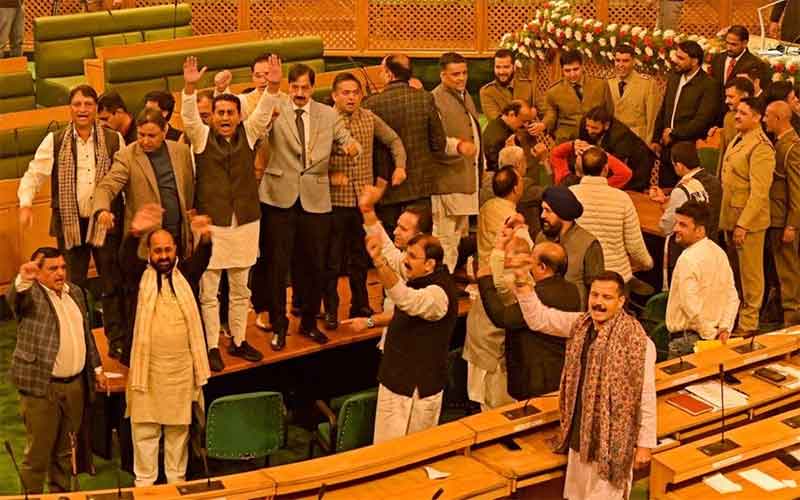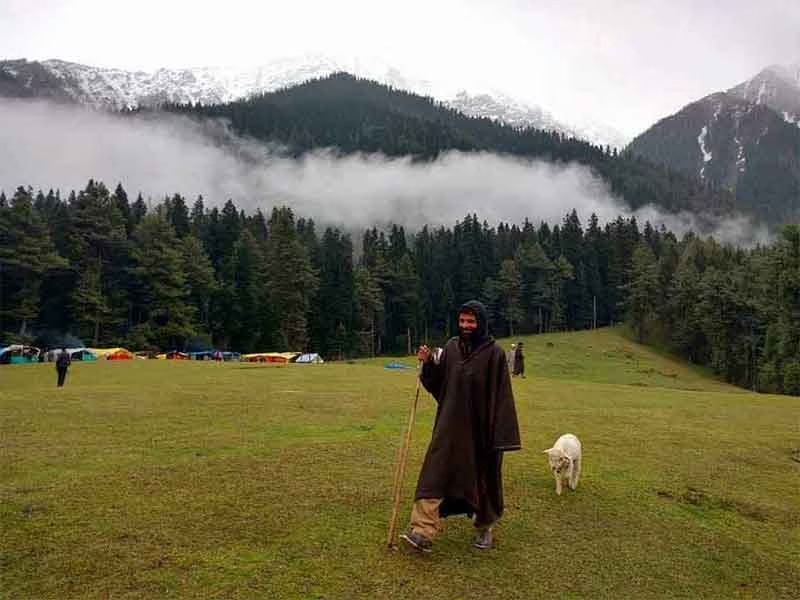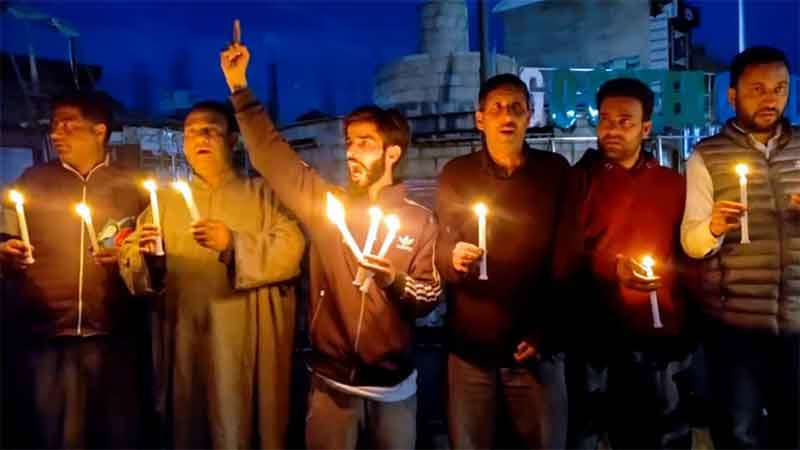
The fundamental purpose of electing representatives to a legislative assembly is to ensure that the aspirations, anxieties, and everyday struggles of the people find a voice in policymaking. However, the present scenario in Jammu and Kashmir paints a disappointing picture. What should ideally be a forum for debate, discussion, and direction has, in many instances, become a space for noise and posturing, where pressing public concerns are neither raised with seriousness nor addressed with urgency.
PDP’s Fall from Grace
One cannot ignore the role of the People’s Democratic Party (PDP) in this decline. Once seen as a party capable of balancing regional aspirations with national interests, the PDP’s 2014 alliance with the Bharatiya Janata Party (BJP) was a turning point. Presented as a “strategic alliance,” the decision quickly eroded public trust. It was perceived not as a step towards stability, but as a political compromise that undermined the very values the party once claimed to stand for.
Since then, the PDP has been caught in a downward spiral—struggling to reconnect with the public, recalibrate its ideological bearings, and re-establish credibility. The damage done by the 2014 alliance has been hard to undo, and the party continues to pay a political price for it. If the intention was to act as a bridge, the result has been the opposite: a collapse of the very ground the party once stood on.
NC Must Not Repeat the Same Mistake
The National Conference (NC), a party with a long political legacy and significant grassroots presence, now finds itself at a critical juncture. In recent times, its responses to key regional issues have often appeared cautious and calculated, rather than bold and people-centric. If the party continues down this path of political reticence, it may meet the same fate as the PDP—gradually drifting away from the public consciousness.
Symbolic politics and occasional media statements are no substitutes for on-ground engagement and robust representation. People expect their elected leaders to take strong positions on unemployment, administrative transparency, infrastructure, and regional development—not to remain confined to reactionary statements.
Assembly or Arena?
What we are witnessing in legislative settings is deeply disheartening. Rather than constructive debates, we often see chaos and sloganeering. There is a visible disconnect between the concerns of the electorate and the priorities of their representatives.
For instance, unemployment remains a top concern in the region. Thousands of educated youth are anxiously waiting for job opportunities, while recent policies have added to their frustration. The decision to recruit retired officials for positions that could have gone to younger aspirants sends a dismal message. It is not just about job numbers—it’s about the morale of an entire generation that feels overlooked and undervalued.
The Growing Sense of Alienation
This recurring marginalization is breeding a dangerous sense of exclusion among the youth. When governance seems detached from the ground realities, disillusionment sets in. And when political parties appear more focused on managing their optics than advocating for the people, faith in democratic institutions begins to wane.
It is crucial to recognize that the issues in Jammu and Kashmir today are not abstract—they are concrete, everyday challenges that affect livelihoods, education, employment, and dignity. There is a visible rural-urban divide in development. There are grievances regarding recruitment processes, power supply, road connectivity, and public service delivery. These need attention—not distractions.
Subscribe to Our Newsletter
Get the latest CounterCurrents updates delivered straight to your inbox.
What Needs to Change
Political parties in Jammu and Kashmir, both established and emerging, need a course correction. The assembly must not be reduced to a stage for theatrics; it must return to its core function—deliberating and legislating for the welfare of the people. Representation should not end with elections; it must continue with action, accountability, and sustained engagement.
The public no longer has the appetite for rhetoric. What they seek is sincerity. What they deserve is commitment. The region stands at a sensitive point in its political evolution. This is the time to rise above narrow interests and deliver with purpose.
If political actors truly wish to serve, they must begin by listening—really listening—to the people. Only then can they hope to regain their relevance, restore public trust, and rebuild institutions that serve everyone, not just a few.
Dr Waseem Ahmad Bhat is a political researcher and columnist. Views are personal.
He can be reached at [email protected]















































